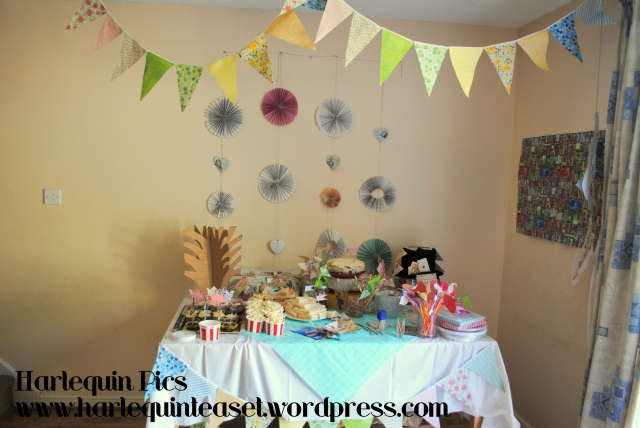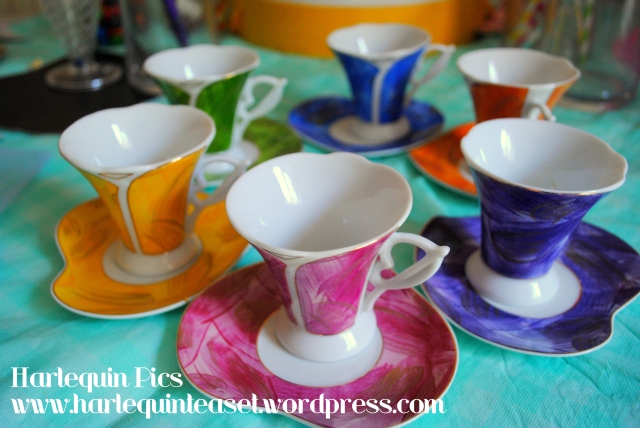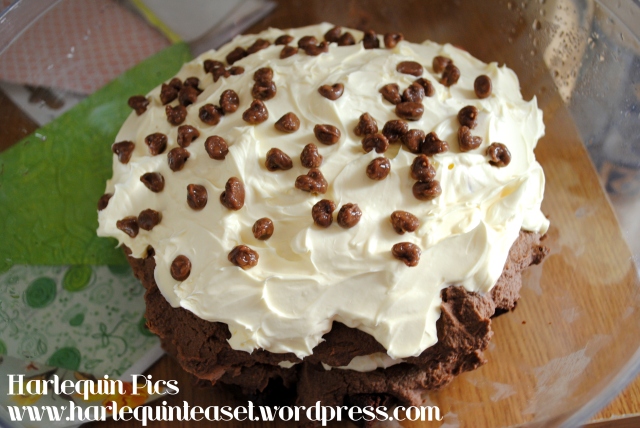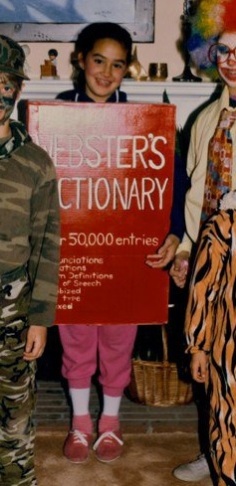Today marks the 71st year of celebration of Pakistan’s Independence as well as its creation, bring new days of hope and freedom for its citiznes. I have seen the proclamations and celebrations of ‘Azaadi!’ from Pakistanis around the world – freedom, freedom, freedom.
Independence Day celebrations always bring back a lot of childhood memories for me – dressing up in green and white kameez shirts sewn by my mum, running to the local main road with my sisters and cheering while we waved our flags. We would watch the cars go by beeping and honking, giant Pakistani flags sailing down the street, and watching people stop to dance to music and indulge in stories, hot food, the bright colours being paraded. I always remember the ambience in the air, the feeling of sheer joy, a celebration of unification amongst strangers. I remember the English police men who were there to keep watch hiding their smiles at watching people bhangra on the road to music blasted out of cars. And let’s not forget the free samosas and coke cans being handed out, which we also went for!
At that age it was a simpler understanding – our childish recognition that our country was free, even if Pakistan was somewhere miles away. As I get older, I begin to understand just how much more harrowing the experiences and sacrifices were behind the pride for our country – not just for Pakistan but for India instead. I begin to understand the strength of passion for such love for our countries, from stories which have been passed down from our grandparents who were present during the Partition and the eventual Independence.
My parents have always made sure we understood our heritage, and kept us close to our roots. We may be born British, but we are equally Pakistani. There are some who call us BBCDs (British Born Confused Desis, or ABCDs for the Americans!), but I really don’t think we are. We are just as in touch with our faith, our identity and our roots as Pakistani citizens are, even if it is in a different way, and we have just as much right to be proud of our country.
I remember growing up wearing salwar kameezes with trainers, proudly showing off my henna, my Eid outfits and my jewellery at school events. I remember visits to Pakistan where the vibrant smells, colours and people have always stayed in my mind, even if it has been nearly two decades since my last visit! I remember listening to Pakistani pop bands (courtesy of my elder sister and her music cassettes!) like Junoon, Abrar Huq along side the Backstreet Boys and Spice Girls tunes. Even now we mix our Pakistani dishes alongside with the English – sugary jalebis, piping hot samosas are often served in our house along with chocolate cupcakes, pasta salads and roast chicken and potatoes.
The recent victory of charismatic politician Imran Khan in Pakistan’s elections have added to the jubilation of this years Independence Day. Pakistan seems to really be looking forward to a naya Pakistan, a new Pakistan. Whether this will happen soon remains to be seen, but the hope is real, not just for its citizens but also for Pakistanis around the world.
So in that spirit, Happy Independence to Pakistan and India – it is better to be united by our similarities and celebrate our freedom together, rather than focus on the the hatred and division.


















































